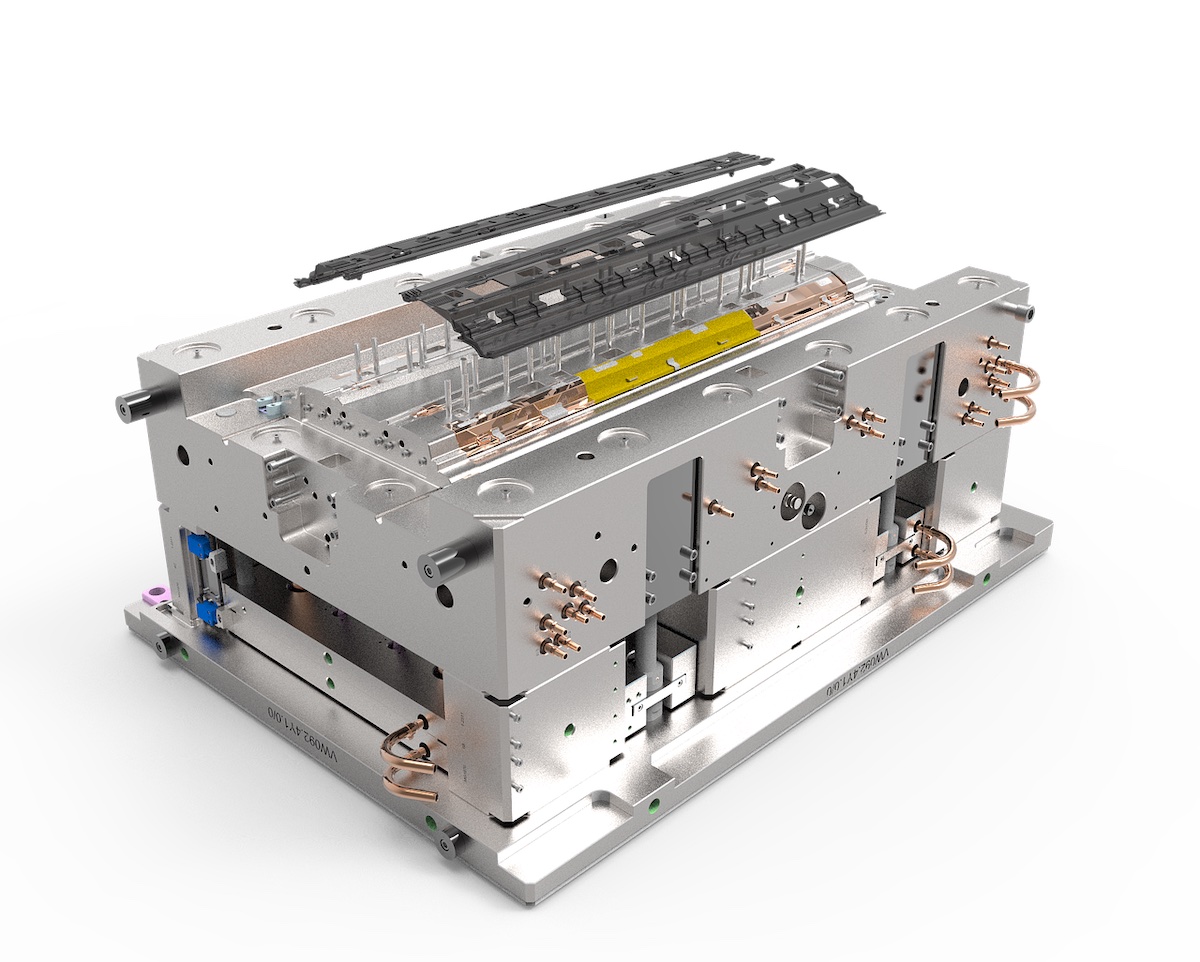Project management may be a challenging assignment regardless of the business or specific undertaking. However, administrative discipline and monitoring are required more than anything else when it comes to injection molding projects.
Having project management offices (PMOs) has now become industry standard as they assure high-quality production runs by adopting precise regulations and procedures, as well as monitoring the whole manufacturing process.
Management teams should concentrate on the logistics system in addition to administrative chores and adopt methods to assist molding manufacturers in meeting their goals. Effective supply chain management includes the planning and implementation of several tasks such as quotation, acquisition, sources, conversion, and delivery.
In this article on Project Management for Injection Molding, we will discuss the most important aspects of distribution chain and program management responsibilities, as well as how they might assist production methods in the injection molding process and its successful undertaking.
Understand The Project’s “Big Picture”
To guarantee that a project meets broad business goals, a PMO must constantly examine both big-picture plans and day-to-day activities. A successful “management mindset” aims to carefully regulate firm budgets, maintain production and logistic operations on track, supervise production processes, and simplify regulations and guidelines throughout the duration of a project.
Management necessitates high degrees of coordination and discipline, from scheduling activities and goals when the original buy order is made to coordinating the production/manufacturing/delivery operations. To assist in simplified manufacturing initiatives, the project manager must allocate resources efficiently, including personnel.
Communication is also essential; a competent project manager should provide the program’s latest information to internal and external workers, as well as act as a liaison between clients and the organization. If difficulties arise at any point throughout the production process, the project manager must notify the proper stakeholders and commence corrective action. They can reduce misunderstanding and inaccuracy while increasing precision and effectiveness for all relevant parties.
Partner Expertise In Sourcing
External client awareness and internal knowledge are two of the most important parts of the supply chain management system. To guarantee an ideal output in the injection molding sector, supervisors must arrange a project to coincide with the customer’s expectations and the mold and die manufacturer‘s capabilities.
A project manager must bridge interaction between all parties, such as designers and engineers, customers, production staff, mold builders, research experts, and manufacturing engineers. Customer service is a critical resource for receiving not only factual information but also scheduling and product availability.
When obtaining resources, services, or data from a third party, a project manager ensures that both internal and external sources are consistent and timely. Efficient task management and resource allocation will guarantee creative consistency and that the items produced closely meet the demands and schedule of the client.
The project manager must standardize injection molders’ operational methods for supplier selection, qualification, and maintenance. A PMO may help a company’s procurement process by approving supplier names, documents, and histories and taking the necessary remedial steps.
Finally, building strong relationships across departments and guaranteeing the highest level of customer service may improve the delivery process and a manufacturer’s bottom line.
The Project Manager Is Responsible For The Whole Workflow
An injection molder should have developed mechanisms for tracking not only initial order progress but also product manufacturing and shipment timelines. A project manager can use standard tools to monitor changes in the construction flow process and adapt to swings in customer demand and supplier restrictions. A disconnection between the injection molder, a third-party vendor, and a client might cause the project manager many problems.
Logistics is very important for project managers. They must not only arrange and assess injection molding methods but also perform physical distribution processes strategically. Manufacturing and delivery timetables are typically quite tight, and because even a minor hitch may interrupt the entire process, a project manager must ensure the injection molder has simple access to shipping goods and arranging deliveries on a regular basis.
Distribution Network And Manufacturing Performance Metrics
Finally, a project manager must assess the overall effectiveness of the logistic chain of the production process. It is advantageous if the injection molding company already employs performance and improvement measurements.
A project manager may quickly assess project time periods, overlaps, work allocations, and targets using visual performance diagrams such as the Gantt Chart. Knowing the “who, what, and when” of a project allows the PMO to monitor productivity and completion rates and use such information to channel the company’s best practices.
To Sum Up
Plastic injection business manufacturers are aware that nothing is more important than the timely delivery of reliable product supplies. It is also important to incorporate logistics into their managerial structure as a primary component to ensure efficient operations in the future.
Proper planning and efficient tracking systems can enhance production by ensuring on-time delivery of quality products through the supply chain. Project Management for Injection Molding and credible logistics management can raise injection molding manufacturer efficiency while saving valuable time and money, too.

